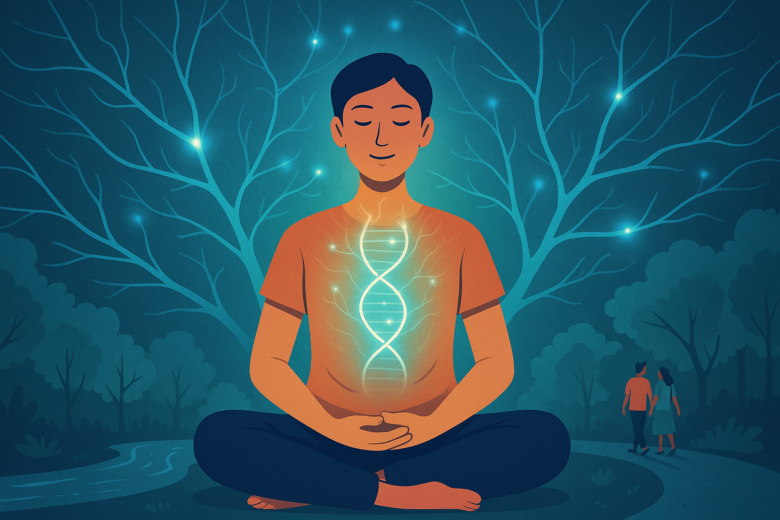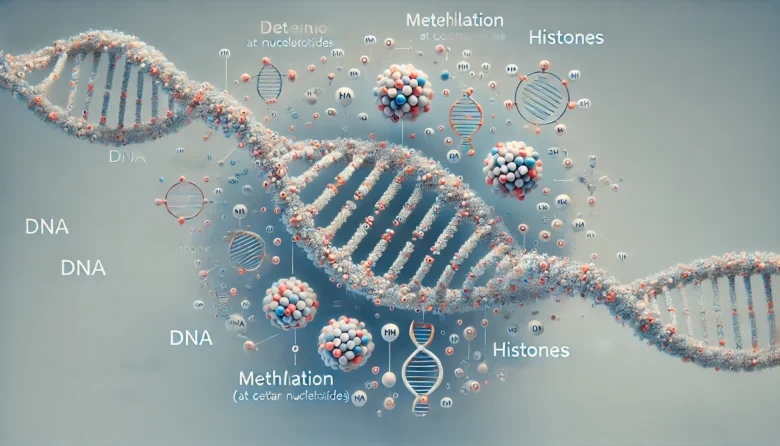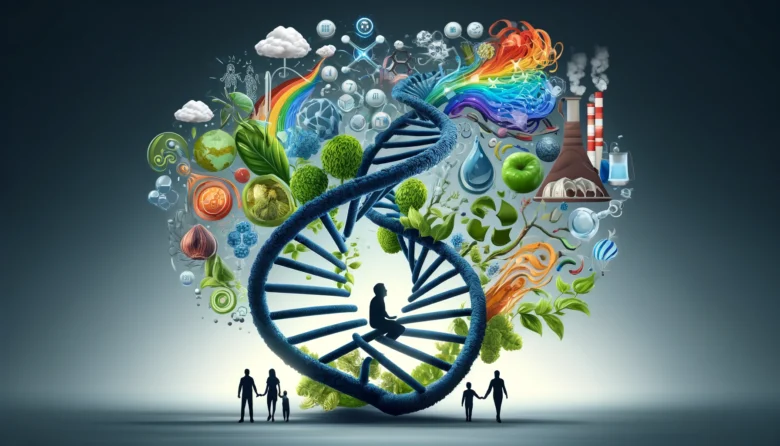Fun Fact: Emotional trauma doesn’t just live in your head—it may be coded in your cells. Have you ever felt like your body “remembers” something long after your mind has moved on? Maybe it’s a racing heart when you hear raised voices, or a stomach that clenches at the scent of antiseptic. For decades, trauma …
In recent years, scientists and health professionals alike have been intrigued by a fascinating question: Why do identical twins, who share the same genetic code, sometimes develop different traits or health conditions? The answer lies in gene expression, influenced by environmental factors. This blog will explore how our surroundings can affect the way our genes …
Imagine if your genes were like the keys on a piano. Each key holds a unique note (or instruction), but how the music is played—the tempo, dynamics, or whether a note is struck at all—depends on the pianist. In the world of biology, epigenetics is the “pianist” that controls how your genes are expressed. It’s …
Epigenetics is a fascinating field of biology that examines the chemical modifications of DNA and histone proteins, which affect gene expression without altering the underlying DNA sequence. This area of study extends our understanding of genetics beyond the simple sequence of nucleotides in DNA to include the dynamic and reversible processes that regulate gene activity …




